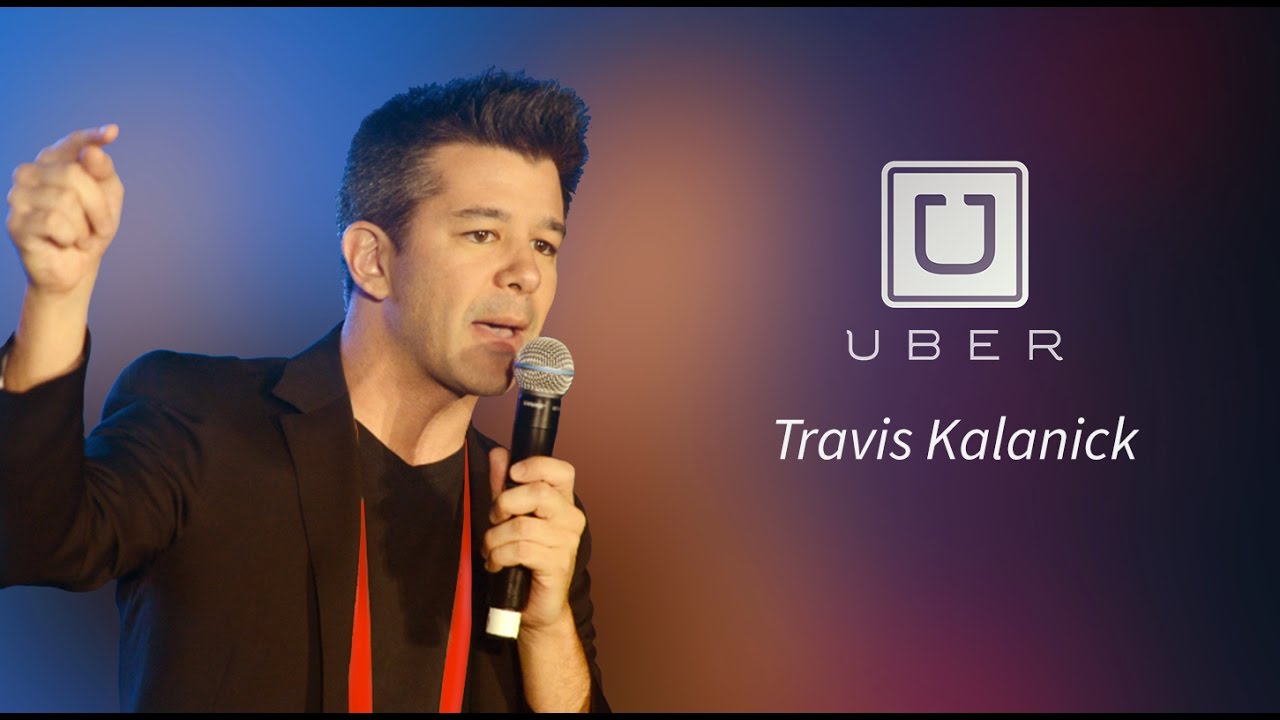
SAN FRANCISCO U.S.A — Some members of Uber’s eight-person board were excited about the idea of Meg Whitman becoming the ride-hailing company’s next chief executive.
Ms. Whitman, the chief executive of Hewlett Packard Enterprise and a former leader of eBay, appeared to have many of the right traits for the job: experience, maturity, a level head — the kind of qualities that Travis Kalanick, the Uber co-founder who stepped down as chief executive last month, mostly lacked. She had even personally invested in the company in the past.
Over the past few weeks, Ms. Whitman met with several Uber board members individually, offering advice on how to address the company’s problems. The members were encouraged by the discussions, and some believed that she was a natural fit for the vacant chief executive role. And after weeks of searching for a top candidate, they were eager to try to win her over.
That group did not include Mr. Kalanick. He and several of his allies had a competing agenda that included their own preferred candidates for the top job and the possibility of returning Mr. Kalanick into an operational role, perhaps even as the chief executive. His surrogates had also recently begun talks with the Japanese conglomerate SoftBank about an investment in Uber that could provide Mr. Kalanick a route to regaining power.
The jockeying between factions has put billions of dollars on the line, as the Uber board fights over control of the $70 billion ride-hailing giant. Interviews with more than a dozen people close to the process, who spoke on the condition of anonymity because the discussions are confidential, indicate that board members’ relationships have been damaged by leaks, shifting wildly as alliances are forged and then broken.

The backbiting has taken a toll. After it was reported that she was a candidate for the chief executive job, Ms. Whitman said last Thursday that “Uber’s C.E.O. will not be Meg Whitman.” She made her announcement in a series of messages on Twitter just as the Uber board was holding a quarterly meeting, at which they had planned to call a vote on whether to appoint her to the job.
The internal divisions mean the search for a new leader may drag on. Even as board members speak with other candidates, including Jeffrey Immelt, who is departing as chief executive of General Electric, about the chief executive job, a lack of cohesion is apparent. Some board members are not convinced that Mr. Immelt is the right choice, given that G.E.’s stock price and profits have stagnated in recent years.
Four people are now on the shortlist to succeed Mr. Kalanick, according to one person close to the process. And at an internal meeting with Uber employees last week, Liane Hornsey, the company’s senior vice president and head of human resources, said a top candidate was expected to be chosen within the next six weeks.
Representatives for Uber, the company’s board of directors and Mr. Kalanick declined to comment, as did G.E.
“As Meg has made clear, she is fully committed to H.P.E.,” a spokesman for Hewlett Packard Enterprise said. “Our focus remains on driving the company forward and delivering for our customers, partners, employees and shareholders.”
The Uber board — which recently added new members amid a history of internal tensions — is mostly split into two camps. On one side is Mr. Kalanick, who is plotting a comeback. On the other are many of the company’s other directors, including the venture capitalist Matt Cohler and the private equity investor David Trujillo, who represent Uber investors like Benchmark and TPG Capital. Garrett Camp, an Uber co-founder, and Ryan Graves, an early employee, were part of this group in supporting Ms. Whitman’s candidacy last week.
The positions of some board members — such as Wan Ling Martello, a Nestle executive, and Yasir Al Rumayyan, who represents Saudi Arabia’s Public Investment Fund — are unclear.
As the factions have shifted, Arianna Huffington’s role has been particularly fluid. A founder of the Huffington Post who now runs a wellness company, Thrive Global, Ms. Huffington grew close to Mr. Kalanick since being appointed to the board last year, according to two people familiar with the board’s dynamics. Yet she advised him last month that resigning as Uber’s leader was a good idea.

The changing alliances have led to major disagreements within the board. Some members are upset that no chief financial officer has been appointed, even though the job has been vacant for more than two years.
There is also debate about the potential investment by SoftBank. Some board members believe that taking the money is unnecessary and potentially risky, given that Uber has $5.5 billion in cash on hand and that SoftBank has backed multiple ride-hailing rivals in Asia.
Some company executives are concerned that Mr. Kalanick could use a SoftBank investment to dilute other shareholders’ stakes while he continues to buy stock back from employees in a bid to amass power. And aligning with Masayoshi Son, the founder and chief executive of SoftBank, could provide Mr. Kalanick with a key ally, especially if Mr. Son seeks to appoint new board members who favor Mr. Kalanick’s return as chief executive as part of an investment.
A spokesman for SoftBank declined to comment.
According to people with knowledge of the quarterly meeting last Thursday, board members’ cell phones started buzzing during the evening with text messages regarding Ms. Whitman’s removing herself from consideration. Some board members appeared crestfallen that the person they viewed as the most attractive candidate had taken herself out of the running so publicly days before she planned to spend time with the few board members she had not yet met.
In a text message between those involved in the discussions that was shown to The New York Times, one person reacted to Ms. Whitman’s announcement with a grim laugh, punctuated by an expletive.
After the news of Ms. Whitman’s decision sank in, the board members continued the meeting. By the end of the evening, they had agreed to a truce in hopes of avoiding another negative round of media coverage, according to the people familiar with the meeting. Communicating directly and avoiding backstabbing, the directors agreed, was paramount from here on.
After all, they still had a new chief executive to find.
Culled from NYT Research by Tola Ojobo








